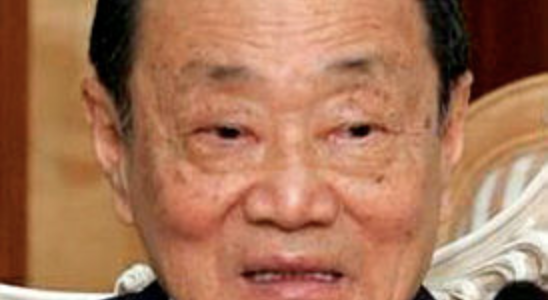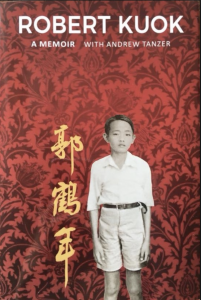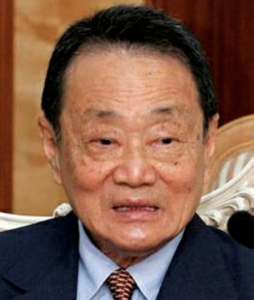
Adapt like a Chameleon


Asian Billionaire Robert Kuok offers insights into doing business in Indonesia.
In 1950s Robert Kuok, then a young rice trader, was among a small group of Malaysian-Chinese businessmen gathered at Singapore’s airport to welcome Chin Sophonpanich, patriarch of Bangkok Bank.
When Kuok needed capital he approached HSBC in 1949 for a $100, 000 letter of guarantee requested by his client, the British Military Administration, he was granted one only on the condition that he deposited an equal amount . “ It does not take a fool to realise I would be guaranteeing myself,” Kuok writes in a Memoir “The British practised blatant racial discrimination. You were trusted and lent to by the colour of your skin.”
Chin, lender of choice or a generation of overseas Chinese businessmen shut out by the established colonial banks, was different proposition. A few days later arriving in Singapore, he turned up at Kuok’s office, enquired him on his business and pledged letters of credit worth $10m, He would continue to work with Kuok as the trader’s empire grew.
Kuok eventually become one of the richest men in south-east Asia and founder of the Shangri-La hotel chain, with a net worth of more than $15bn.
The 94-year-old was named last month as one of the five adivsers to fellow nonagenarian Mahathir Mohamad, the new and former Prime Minister of Malaysia.
Kuok born in 1923, at school he was embarrassed by the inner shorts his mother fashioned from calico regimes, working closely with the British or Dutch as they established their businesses.
To survive in ever changing political landscapes requires flexibility “ I adapt like a chameleon.” He describes overseas Chinese as “the unsung herpes of the region. They will do anything to get their first seed capital but then they will rise above their past.”
Kuok worked with Mitsubishi from 1942 to 1945, during the occupation of British Malaya, and in the 1950s he joined forces with Mitsui and other Japanese interests to start a sugar refinery, using his government connections to secure tariff protection.
IN 1968, he joined forces with Indonesian overseas Chinese businessman to secure a flour million licence from Bulog, the government’s procurement arm, by 1974, he had formed a joint venture to develop a Sumatra sugar plantation in which his partners were the then president Suharto’s son and son-in-law.
|Anti-Chinese was a growing problem in Malaysia. Kuok writes “ Business is no longer clean and open. If they had harnessed the strength of the Chinese, the Chinese would have owned 90n or 95 per cent of the wealth, good for economy bad for the nation.” Kuok ‘s later chapters of his memoir to his china business which began with his sugar trading on behalf of the mainland and ends with dozens of luxury Shangri-La hotels across the country.
Robert Kuok:AMemoir by Robert Kuok with Andrew Tanzer, Landmark Books £25, 376 pages.
